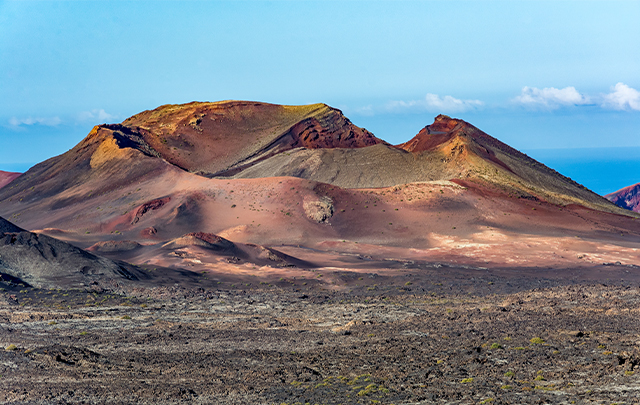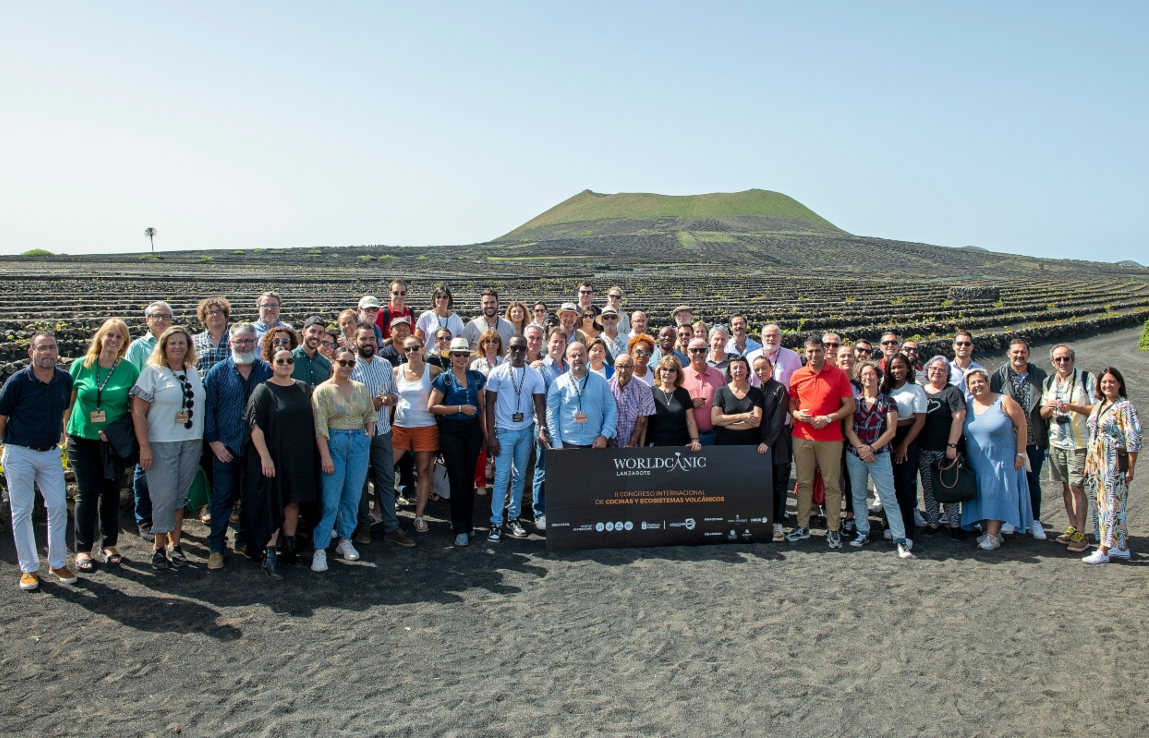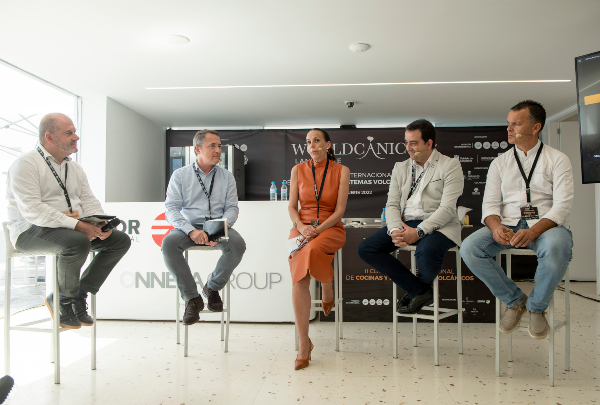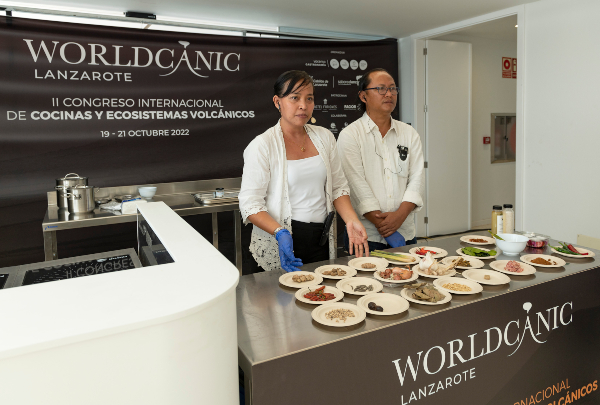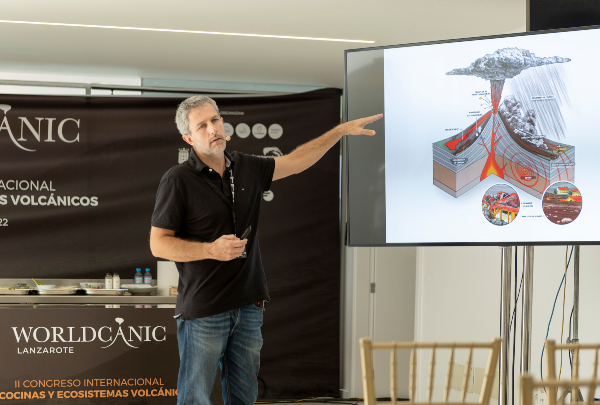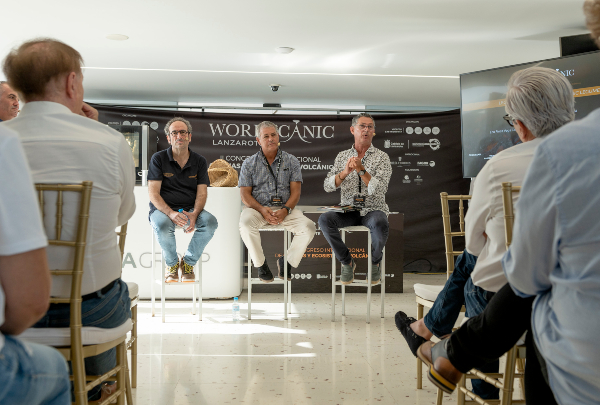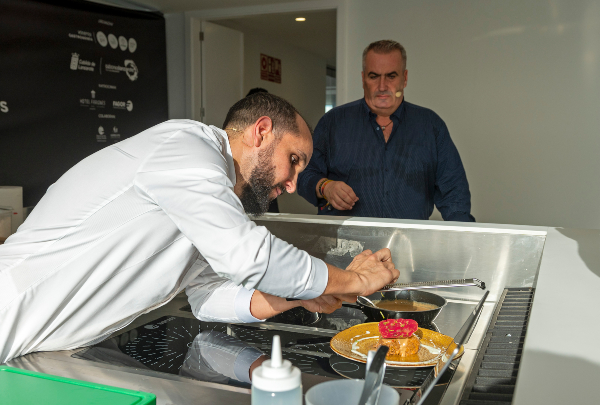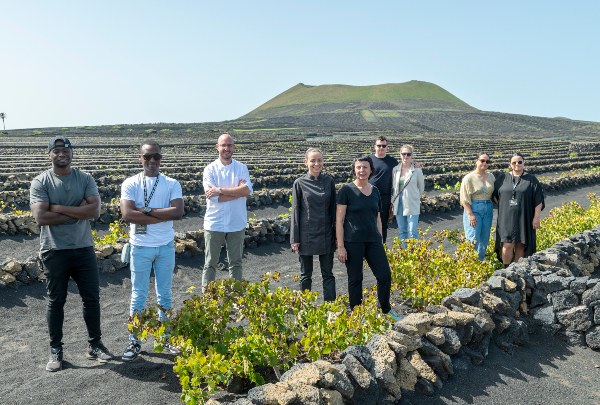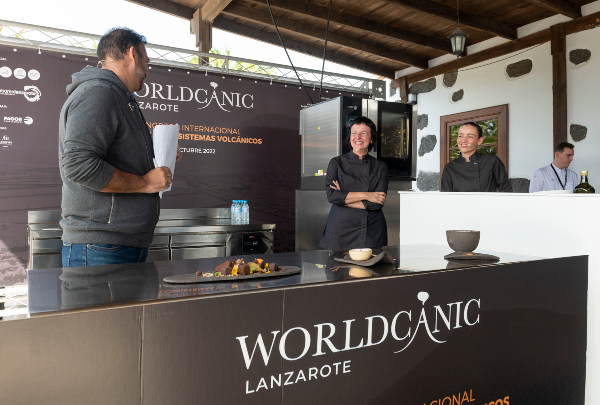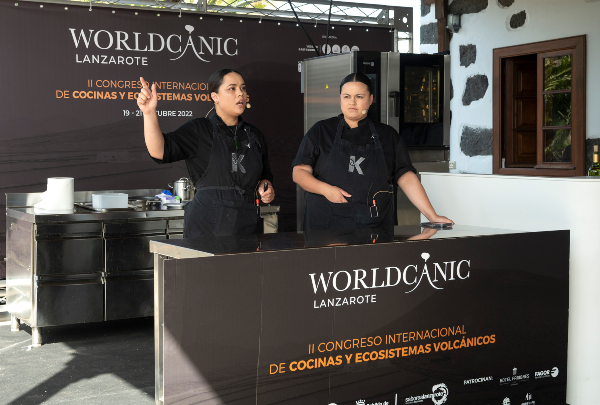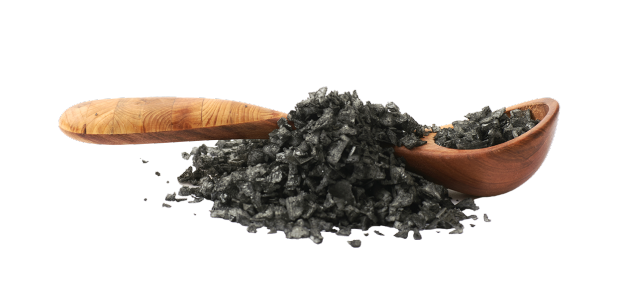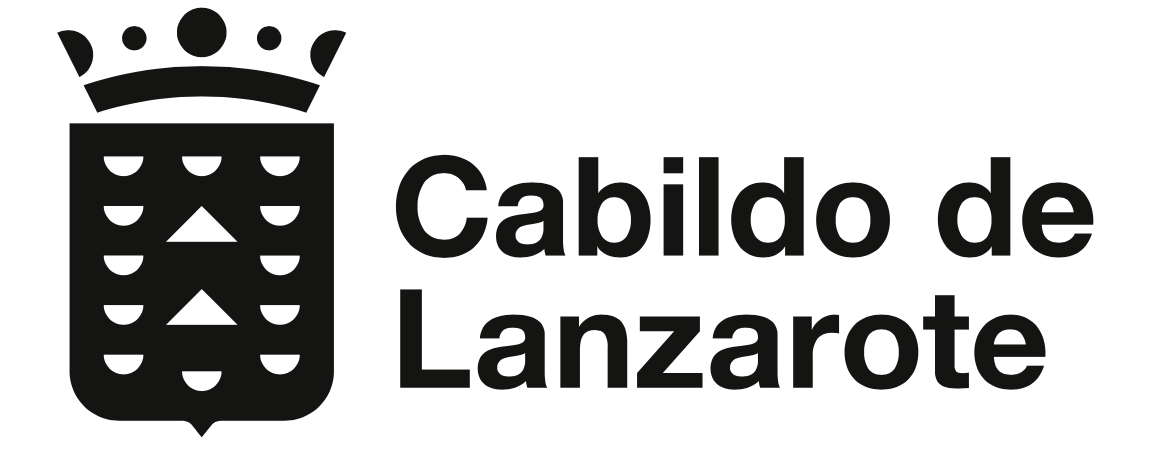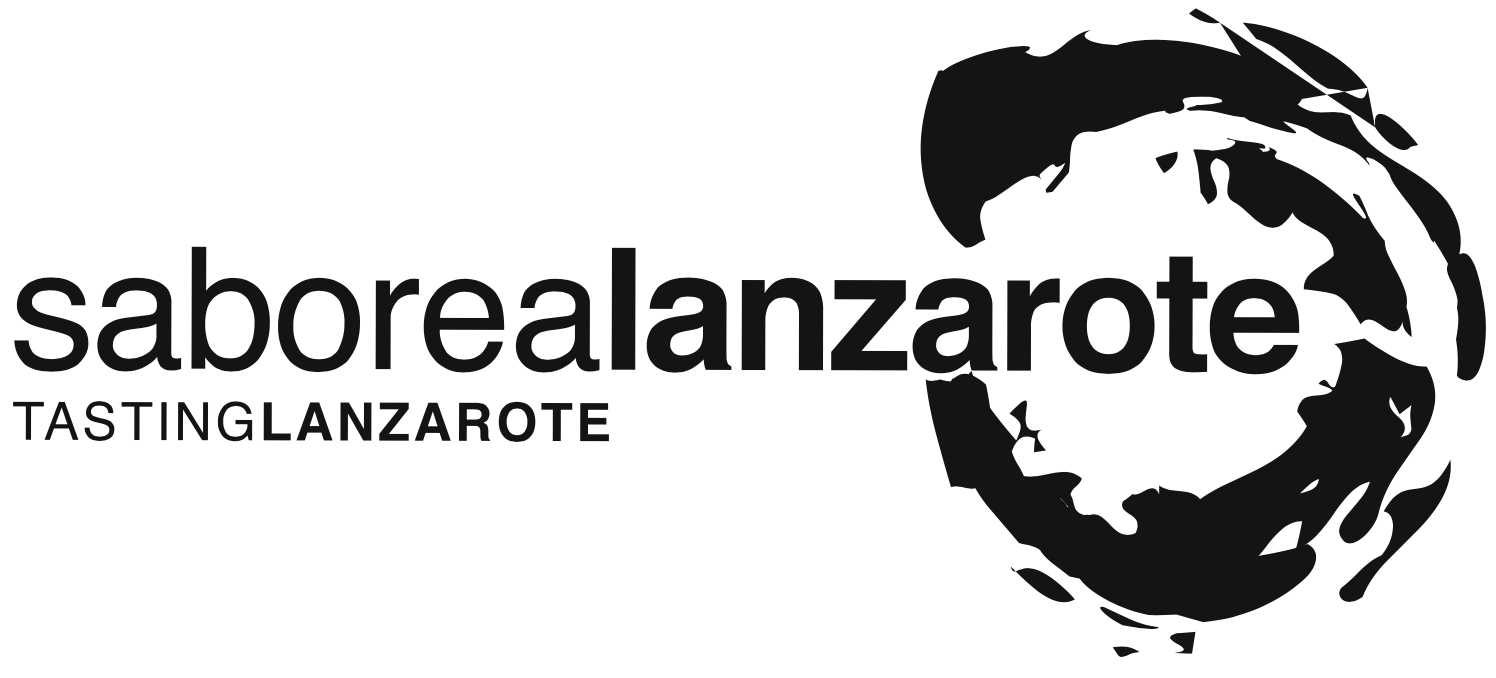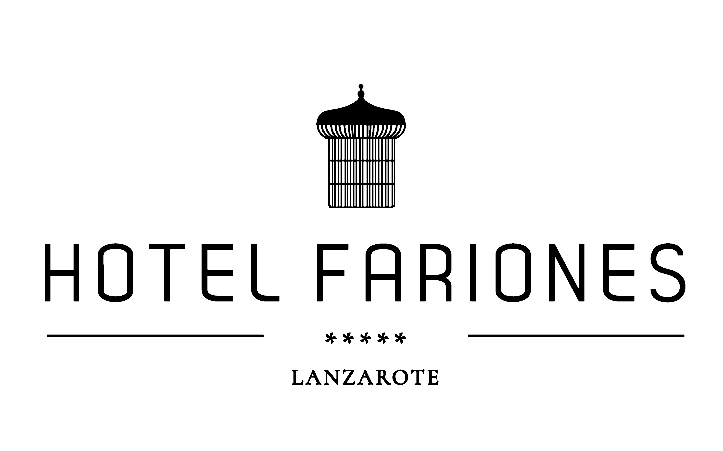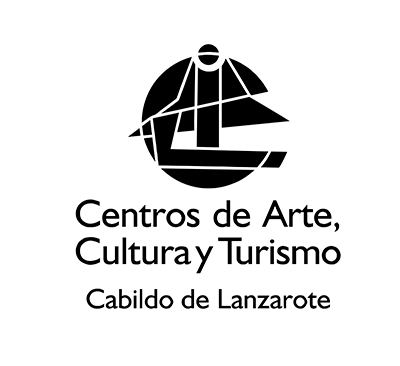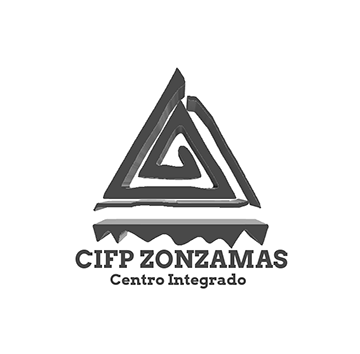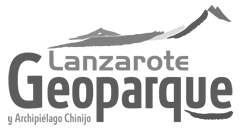News
Sebastián Vásquez: “Better management of volcanic risk is essential, and the first step is to educate children in knowledge of their territory"
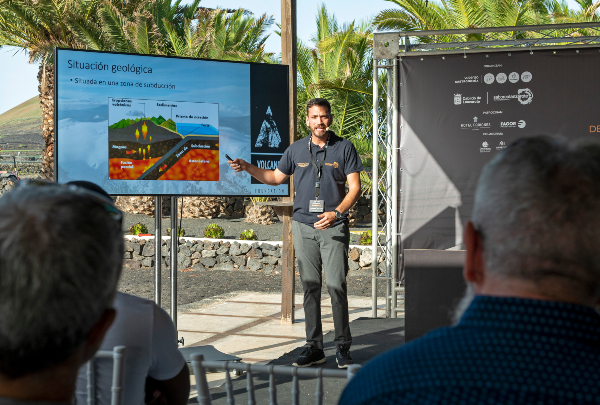
Education and raising awareness of the territory we tread, these are the key concepts cited by this geologist and associate of the Volcano School Foundation.
Vásquez kicked off the second day of Worldcanic at the Los Bermejos winery, with a presentation for an understanding of how "society survives and co-exists alongside volcanoes". His experience in Colombia - his native country, although he moved to Catalonia at an early age - acted as a guiding principle to comprehend that, although "it is not possible to predict an eruption precisely, we can read the signals from volcanoes and prevent disasters such as Nevado del Ruiz in 1985”.
On that occasion, more than 23,000 people were killed in an avalanche of red-hot mud which buried an entire town. A tragedy which could have been avoided if volcanic risk had been better managed through prevention and communication. The volcano had thrown out ash prior to the fatal eruption, but no action was taken, and the local population did not have the information to know what this could mean. And, the most important factor, "they forgot about history: this wasn't the first avalanche, but the area was repopulated, and the fatal consequences were repeated". A number of geological observatories were then set up in Colombia, “a country with more than 20 volcanoes, 10 of which are active".
Through a study of the history of eruptions, an assessment of threats, vigilance and monitoring, diagnosis of status of activity and socialisation and communication of information; the Colombian Geological Service now has a risk map of volcanic areas which gives it better control of them.
But Vásquez feels that scientific work is not sufficient: “there must be collaboration and mutual respect between communities in volcanic areas and geologists. It is important for these locations to have the necessary information to be able to read the signals from volcanoes, interpret the risk maps and act as volcano guards, because they're nearby". In a word, “capacitating communities next to volcanoes to help them live with them and survive".
In this respect, according to the geologist, the training of younger generations is an essential part of this equation, because "if they understand the territory they live in from an early age, they will learn to take it on board and follow developments in volcanoes, and so they will be the people monitoring and supervising them". And this is the main objective of the Volcano School Foundation project on which Sebastián Vásquez is working, scientific communication for children from volcanic areas.

